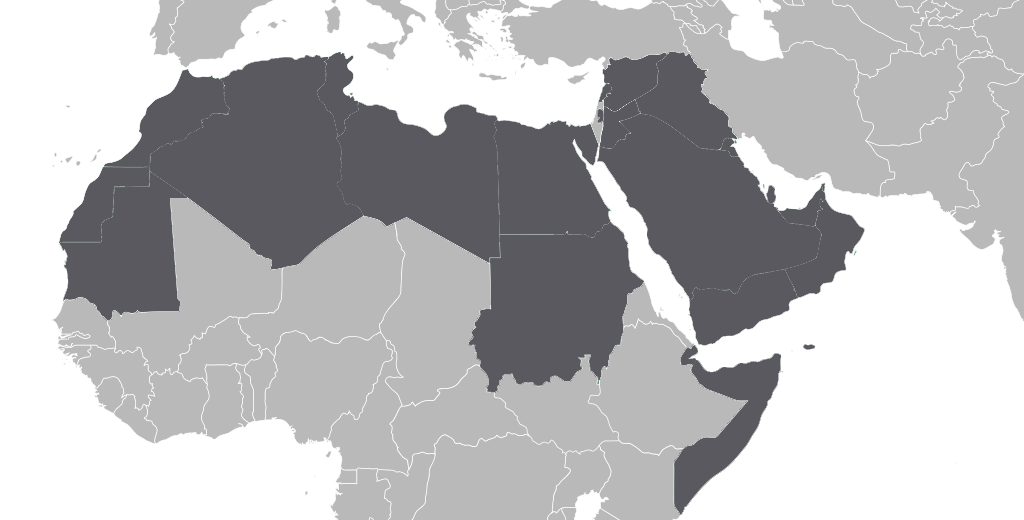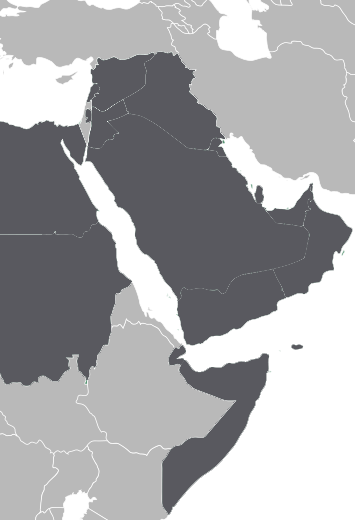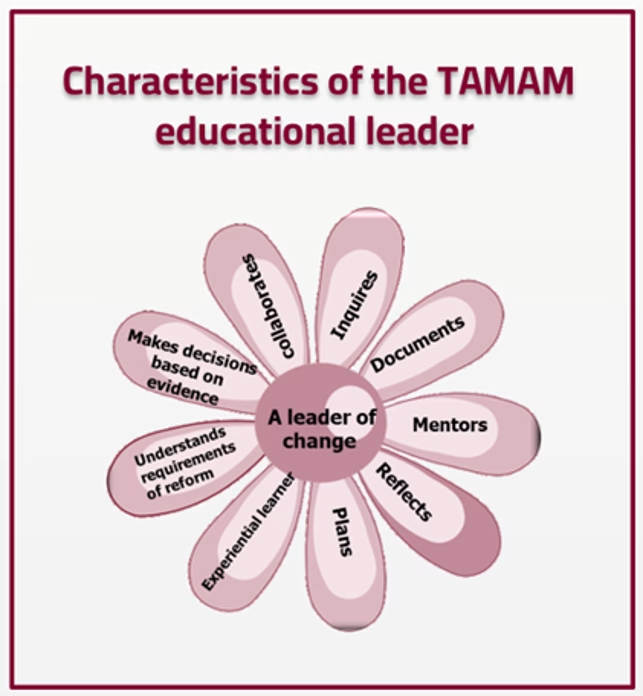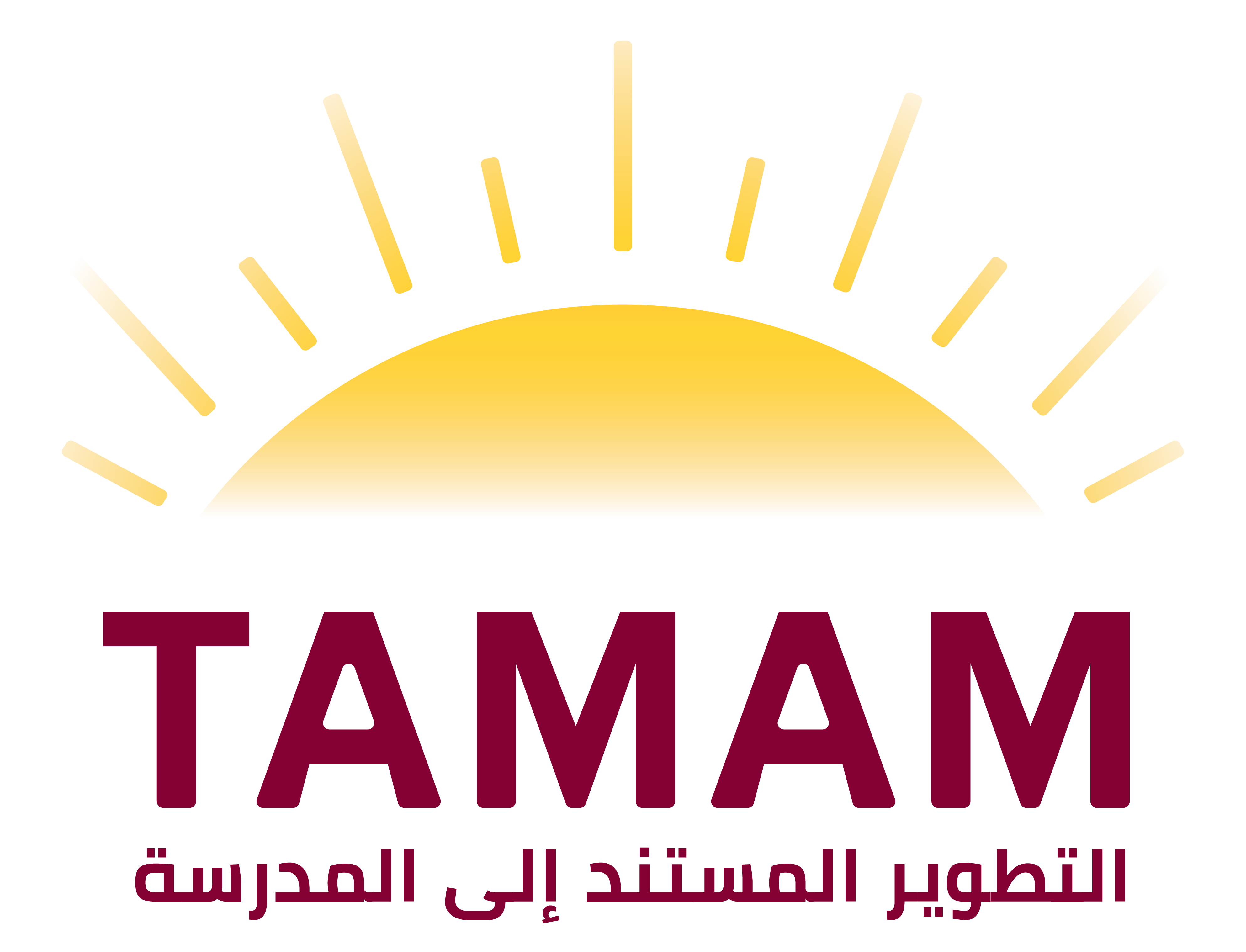
36 schools in Lebanon
11 schools in Oman
11 schools in Jordan
6 schools in the Kingdom of Saudi Arabia
3 schools in Egypt
2 schools in Qatar
1 school in Sudan
1 school in Palestine
1 school in Kuwait

36 schools in Lebanon
11 schools in Oman
11 schools in Jordan
6 schools in KSA
3 schools in Egypt
2 schools in Qatar
1 school in Sudan
1 school in Palestine
1 school in Kuwait
TAMAM Professional Learning Network (TPLN) is a network of educators who aspire to be agents for educational transformative change. Members of the TAMAM network forms a learning community that fosters continuous professional growth and collaboration, offers job-embedded capacity-building facilitation to support leading sustainable school-based improvement. TPLN serves as the driving force behind sustaining the TAMAM movement while adhering to its vision of social amelioration through education.
This network includes members of the TAMAM community that currently spans 11 Arab countries (Lebanon, Jordan, Oman, Egypt, Qatar, Saudi Arabia, Sudan, Palestine, Kuwait, Morocco, and Algeria), includes 70 educational institutions, more than 1000 practitioners (teachers, academic coordinators, and principals), 42 coaches, researchers from six regional and international universities, in addition to policymakers from ministries of education and private educational institutions.
History of TPN
Over its 17-year history (2007-2024), the TAMAM Steering Team has cultivated a professional learning network among educators across Arab countries, through its interest to establish partnerships with schools for building school-based leadership capacity. While networking was not initially a primary goal, frequent collaborative capacity-building activities brought educators together, fostering enduring relationships rooted in trust and shared goals for regional education improvement. Throughout the years, as TAMAM expanded to new countries, the number of participating schools increased, leading to the establishment of three country hubs in Lebanon, Jordan, and Oman. These hubs took steps towards financial independence to support their expanding activities. The TAMAM gatherings are periodic events that bring together network members and guests to exchange experiences in school-based improvement, learn about the latest designs from the TAMAM research lab, and explore opportunities for contributing to the dissemination and sustainability of school-based improvement as an impactful strategy for school reform. The onset of the global pandemic in 2020 necessitated a shift to digital platforms, enhancing continuous communication and broadening the scope of collaborative professional development activities. TAMAM employs a range of online tools—virtual visits, workshops, webinars—to sustain dynamic professional learning and coaching. The “community” portal is designed to facilitate resource sharing, research collaboration, and networking opportunities among TAMAM members and schools.
Membership
TPLN members come from various Arab countries and include educators working in schools, universities and ministries of education, policy makers, as well as members of the larger community who advocates for education as a vehicle for social amelioration. Members contribute to the movement through leading and facilitating school-based improvement aimed at systemic educational reforms, while leveraging their position and varied expertise to focus their energy, interests, and resources on addressing critical educational needs of their community.
A member of the TPLN exemplifies the characteristics of the TAMAM educational leader marked by being a reflective, critical thinker and curious inquirer who is committed to the role of education in social amelioration and willing to contribute their expertise and resources to promote school-based improvement. These attributes are also purposefully cultivated through TAMAM Capacity Building Programs. TPLN members are committed to achieving the vision of the TAMAM movement for an educational system that value educators as leaders of change and supports the development of self-renewing schools dedicated to serve their community.

The TAMAM Membership: A Safe Space for Professional Learning and Contributing to Transformational Change
TPN offers rich opportunities to engage in various forms of professional learning within a safe environment that values and promotes transformational change. Members of the TAMAM network receive coaching and support for their school improvement initiatives, celebrate and validate their successes and share lesson learnt through the complex process of leading school improvement. They can also contribute to participative action research projects co-constructing through school-university partnerships actionable knowledge that is grounded in the Arab countries’ cultural context. Additionally, they can participate in collaborative initiatives to impact national policies and offer solutions while advocating for critical educational causes beyond individual schools towards realizing the vision of the TAMAM movement for self-renewing schools.
Opportunities for Learning
- Participate in a professional learning community that embraces a unified vision and culture of change and that nurtures continuous professional growth and development.
- Access a wealth of knowledge circulated within the network, including TAMAM’s rich and bilingual repository of resources, experiences, and grounded research available in both English and Arabic.
- Collaborate to share and exchange expertise, experiences, and improvement initiatives, while engaging in a collective reflective and co-learning process that enriches practice.
- Stay informed about TAMAM research-based designs with opportunities for experimentation and networking initiatives centered around them.
- Receive expert consultations from the TAMAM steering team, leadership coaches, and specialists.
- Gain priority access to participate in TAMAM’s certified training programs.
- Receive invitations to all TAMAM gatherings, sessions, and learning activities.
Opportunities for networking and visibility
- Experience a sense of community and support that reduces the feeling of isolation and promotes solidarity within the network.
- Network with educators across various positions and institutions to forge partnerships and launch collaborative initiatives.
- Gain visibility and recognition for the participating school’s contributions to sustainable school-based improvement.
- Earn certifications for presentations and contributions to TAMAM events and programs.
Opportunities for expanding the impact beyond individual schools
- Contribute to shaping the TAMAM research agenda and participate in research endeavors that produce grounded knowledge in sustainable school-based improvement.
- Collaborate with other schools and community stakeholders to implement innovative initiatives that address critical educational concerns that can make a difference on a broader scale.
- Take on collective responsibility to advance the profession and advocate for policy changes that facilitate school-based improvement and systemic educational reform.
